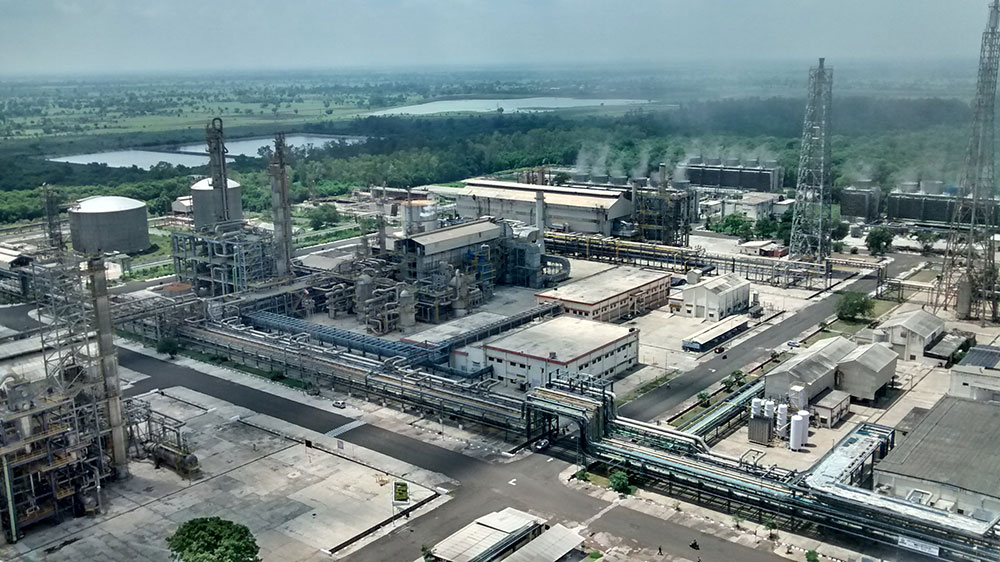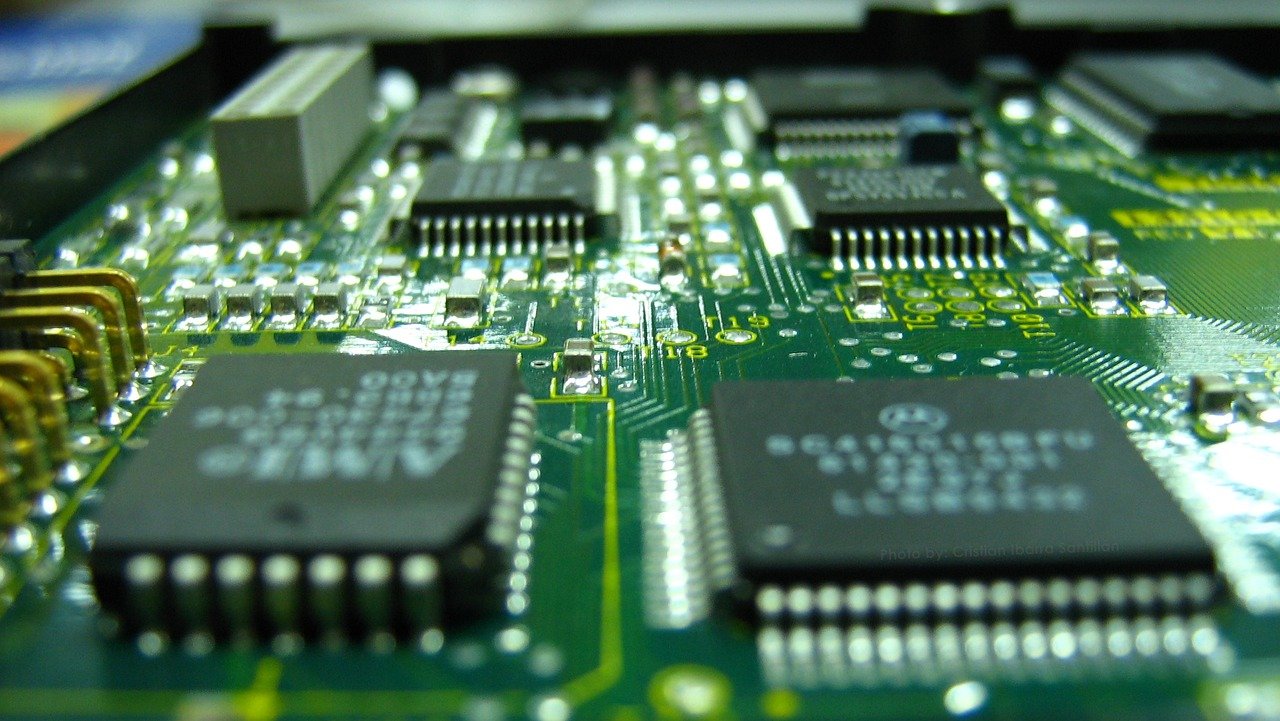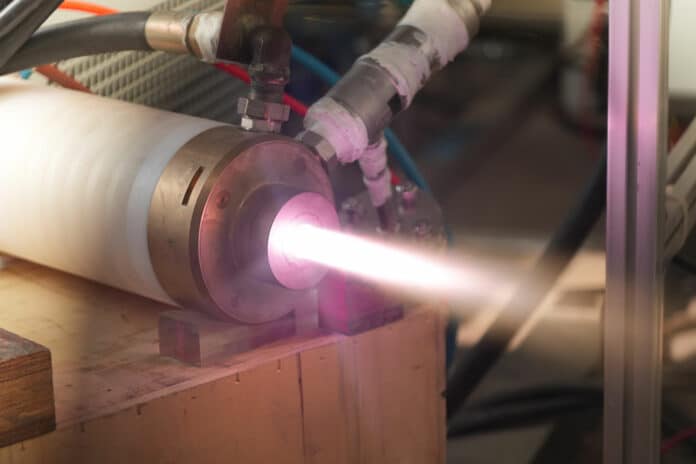Sinologists have reported that China’s new catch-up strategy involves high-end industrial manufacturing including robotics, energy efficiency, and a reduction of CO2 emissions. Countries that can lead in these three areas during the 21st century are likely to do very well.
Energy Efficiency to Help Create Economic Sustainability, Security
Industrial energy efficiency is becoming more important as companies try connecting industrial energy efficiency to business performance. With increasingly volatile energy prices and a complex array of energy service choices, both public and private sector organizations have to make day-to-day choices about energy use which are fraught with risk and reward. While having the right energy mix can be great for business, getting to that point requires careful evaluation of improvement alternatives. Often, just staying in the same place can exact a financial penalty to those who fail to do appropriate analysis of energy alternatives.
Despite the current intransigence of the Trump administration regarding the threats of global warming, the vast majority of industrial concerns and governments around the world are looking for ways to make industrial energy more efficient. But the path forward isn’t easy as there are many barriers to overcome. Energy audits are becoming more common, and energy management software and technology now allows decision-makers to fine-tune policies and programs to attain higher energy efficiency in industrial operations.
Companies and governments designing and executing energy efficiency programs deal with some of the following questions:
- What are the technical issues that drive energy efficiency?
- What information and experience can be provided by energy consultants?
- What organizational frameworks lend themselves to the best adoption of the technical aspects of energy management?
- How have companies in different industries implemented successful energy management systems?
- What is the role of energy managers in designing and implementing these programs?
- How are energy benchmarking, reporting, and energy management systems carried out?
- What are the technical aspects of energy efficiency improvement in utility systems, process equipment types, process design, and operation?
The following is a good overview of “Industrial Energy Efficiency Basics.”






